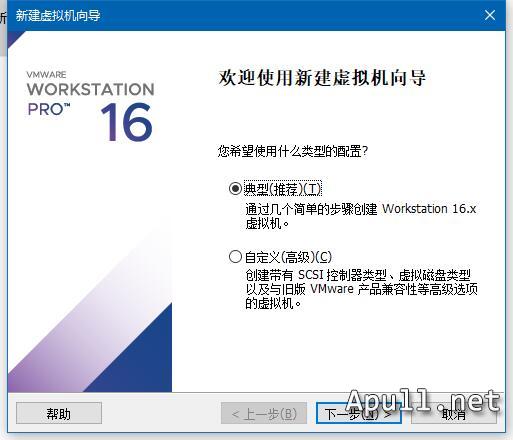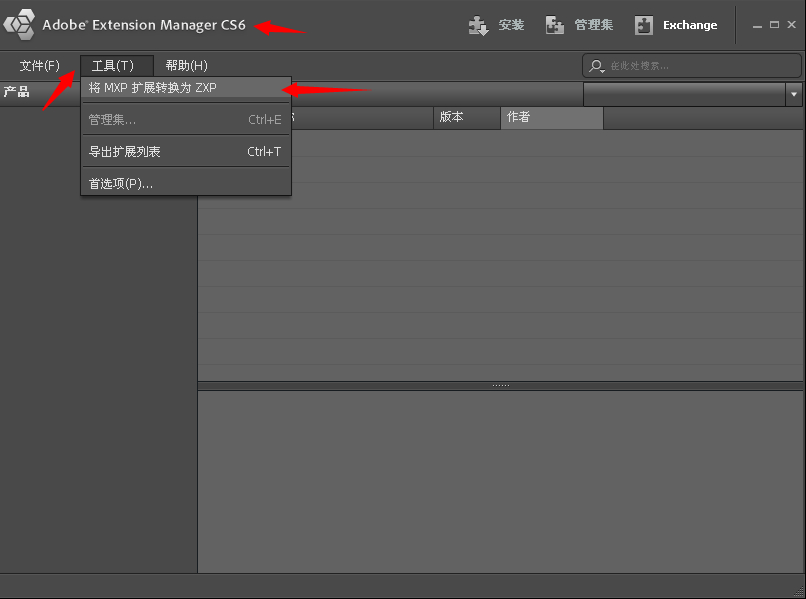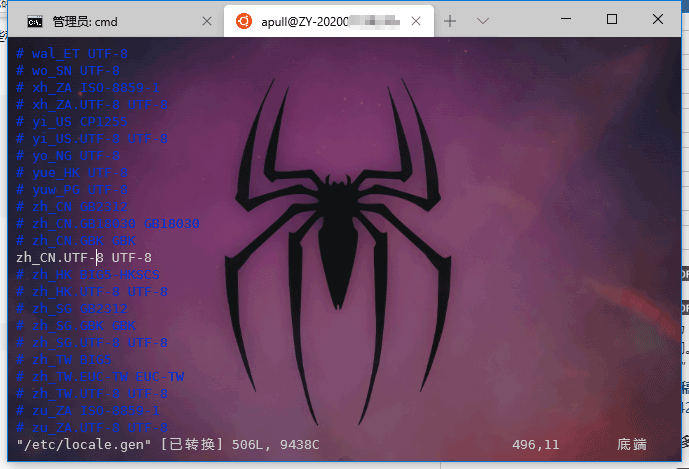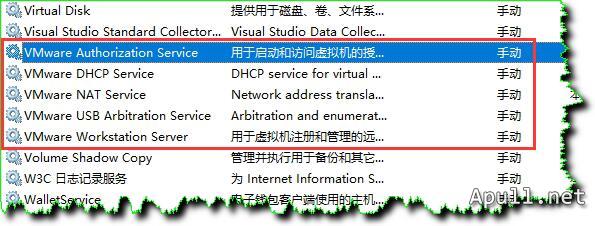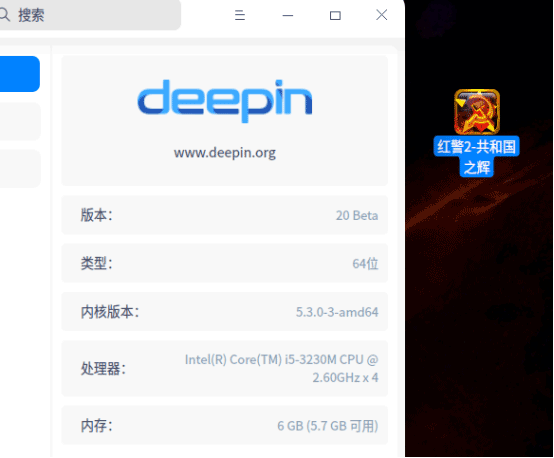6个变态的C语言Hello World程序
下面的六个程序片段主要完成这些事情:
输出Hello, World
混乱C语言的源代码
下面的所有程序都可以在GCC下编译通过,只有最后一个需要动用C++的编译器g++才能编程通过。
hello1.c
#define _________ }
#define ________ putchar
#define _______ main
#define _(a) ________(a);
#define ______ _______(){
#define __ ______ _(0x48)_(0x65)_(0x6C)_(0x6C)
#define ___ _(0x6F)_(0x2C)_(0x20)_(0x77)_(0x6F)
#define ____ _(0x72)_(0x6C)_(0x64)_(0x21)
#define _____ __ ___ ____ _________
#include<stdio.h>
_____hello2.c
#include<stdio.h>
main() {
int x = 0, y[14], *z = &y;
*(z++) = 0x48;
*(z++) = y[x++] + 0x1D;
*(z++) = y[x++] + 0x07;
*(z++) = y[x++] + 0x00;
*(z++) = y[x++] + 0x03;
*(z++) = y[x++] - 0x43;
*(z++) = y[x++] - 0x0C;
*(z++) = y[x++] + 0x57;
*(z++) = y[x++] - 0x08;
*(z++) = y[x++] + 0x03;
*(z++) = y[x++] - 0x06;
*(z++) = y[x++] - 0x08;
*(z++) = y[x++] - 0x43;
*(z++) = y[x] - 0x21;
x = *(--z);
while(y[x] != NULL)
putchar(y[x++]);
}hello3.c
#include<stdio.h>
#define __(a) goto a;
#define ___(a) putchar(a);
#define _(a,b) ___(a) __(b);
main()
{ _:__(t)a:_('r',g)b:_('$',p)
c:_('l',f)d:_(' ',s)e:_('a',s)
f:_('o',q)g:_('l',h)h:_('d',n)
i:_('e',w)j:_('e',x)k:_('\n',z)
l:_('H',l)m:_('X',i)n:_('!',k)
o:_('z',q)p:_('q',b)q:_(',',d)
r:_('i',l)s:_('w',v)t:_('H',j)
u:_('a',a)v:_('o',a)w:_(')',k)
x:_('l',c)y:_('\t',g)z:___(0x0)}hello4.c
int n[]={0x48,
0x65,0x6C,0x6C,
0x6F,0x2C,0x20,
0x77,0x6F,0x72,
0x6C,0x64,0x21,
0x0A,0x00},*m=n;
main(n){putchar
(*m)!='\0'?main
(m++):exit(n++);}hello5.c
main(){int i,n[]={(((1<<1)<<(1<<1)<<(1<<
1)<<(1<<(1>>1)))+((1<<1)<<(1<<1))), (((1
<<1)<<(1<<1)<<(1<<1)<<(1<<1))-((1<<1)<<(
1<<1)<<(1<<1))+((1<<1)<<(1<<(1>>1)))+ (1
<<(1>>1))),(((1<<1)<<(1<<1)<<(1<<1)<< (1
<<1))-((1<<1)<<(1<<1)<<(1<<(1>>1)))- ((1
<<1)<<(1<<(1>>1)))),(((1<<1)<<(1<<1)<<(1
<<1)<<(1<<1))-((1<<1)<<(1<<1)<<(1<<(1>>1
)))-((1<<1)<<(1<<(1>>1)))),(((1<<1)<< (1
<<1)<<(1<<1)<<(1<<1))-((1<<1)<<(1<<1)<<(
1<<(1>>1)))-(1<<(1>>1))),(((1<<1)<<(1<<1
)<<(1<<1))+((1<<1)<<(1<<1)<<(1<<(1>>1)))
-((1<<1)<<(1<<(1>>1)))),((1<<1)<< (1<<1)
<<(1<<1)),(((1<<1)<<(1<<1)<<(1<<1)<<(1<<
1))-((1<<1)<<(1<<1))-(1<<(1>>1))),(((1<<
1)<<(1<<1)<<(1<<1)<<(1<<1))-((1<<1)<< (1
<<1)<<(1<<(1>>1)))-(1<<(1>>1))), (((1<<1
)<<(1<<1)<<(1<<1)<<(1<<1))- ((1<<1)<< (1
<<1)<<(1<<(1>>1)))+(1<<1)), (((1<<1)<< (
1<<1)<<(1<<1)<< (1<<1))-((1<<1)<< (1<<1)
<<(1<<(1>>1)))-((1<<1) <<(1<< (1>>1)))),
(((1<<1)<< (1<<1)<<(1<<1)<< (1<<1))- ((1
<<1)<<(1<<1)<<(1<<1))+((1<<1)<< (1<<(1>>
1)))), (((1<<1)<<(1<<1) <<(1<<1))+(1<<(1
>>1))),(((1<<1)<<(1<<1))+((1<<1)<< (1<<(
1>>1))) + (1<< (1>>1)))}; for(i=(1>>1);i
<(((1<<1) <<(1<<1))+((1 <<1)<< (1<<(1>>1
))) + (1<<1)); i++) printf("%c",n[i]); }hello6.cpp
下面的程序只能由C++的编译器编译(比如:g++)
#include <stdio.h>
#define _(_) putchar(_);
int main(void){int i = 0;_(
++++++++++++++++++++++++++++
++++++++++++++++++++++++++++
++++++++++++++++++++++++++++
++++++++++++++++++++++++++++
++++++++++++++++++++++++++++
++++i)_(++++++++++++++++++++
++++++++++++++++++++++++++++
++++++++++i)_(++++++++++++++
i)_(--++i)_(++++++i)_(------
----------------------------
----------------------------
----------------------------
----------------------------
----------------i)_(--------
----------------i)_(++++++++
++++++++++++++++++++++++++++
++++++++++++++++++++++++++++
++++++++++++++++++++++++++++
++++++++++++++++++++++++++++
++++++++++++++++++++++++++++
++++++++++++++++++++++++++i)
_(----------------i)_(++++++
i)_(------------i)_(--------
--------i)_(----------------
----------------------------
----------------------------
----------------------------
----------------------------
------i)_(------------------
----------------------------
i)return i;}(全文完)




